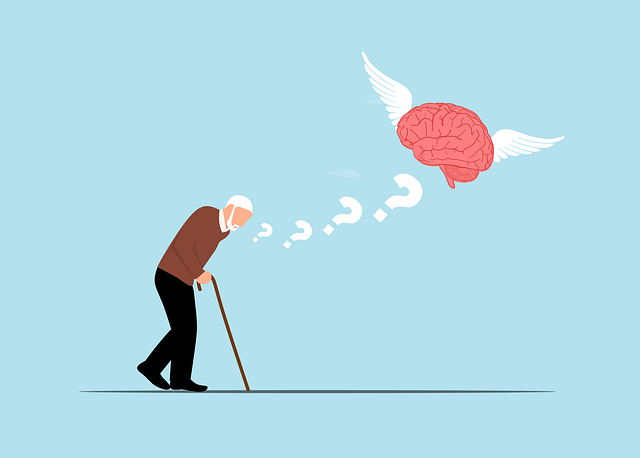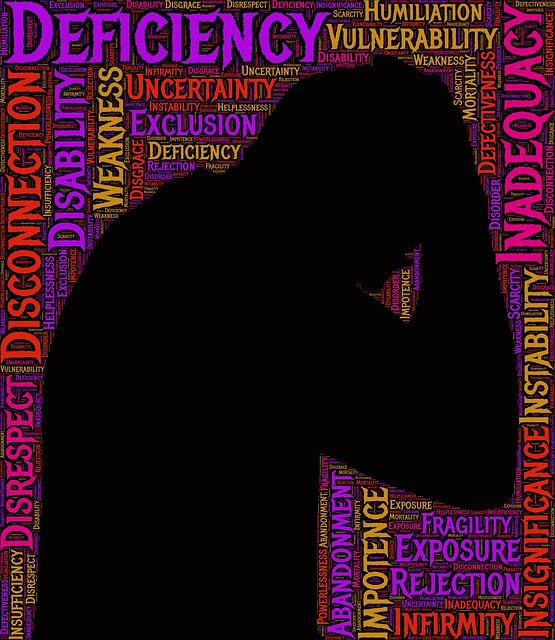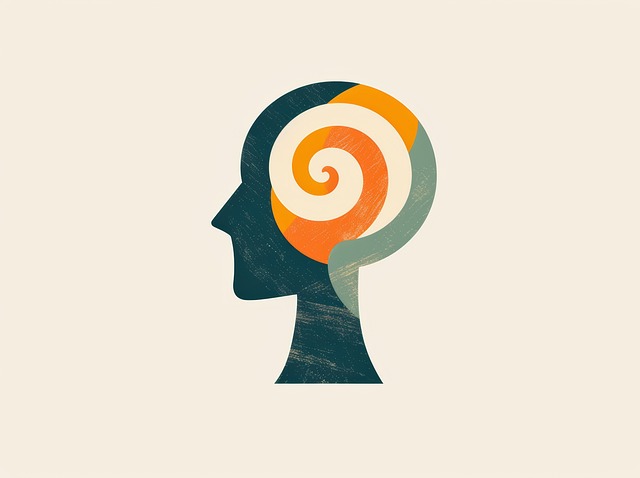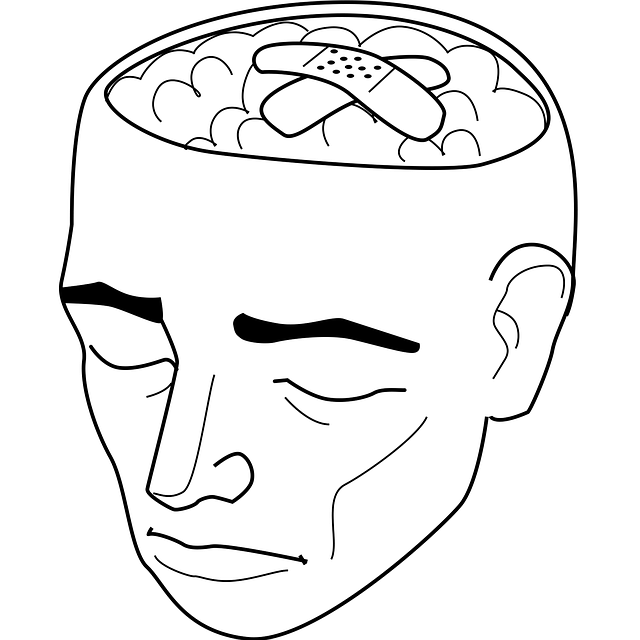Phobias are common among children, but cognitive-behavioral therapy (CBT), exposure therapy, and holistic approaches like relaxation techniques, empathy-building strategies, mindfulness meditation, storytelling, and play can effectively help young minds overcome them. These methods, including CBT, focus on changing negative thought patterns, building resilience, fostering emotional intelligence, and providing safe spaces for gradual fear confrontation, ultimately promoting long-term mental wellness and adaptability in children dealing with phobias.
Stress reduction is a vital aspect of holistic child development, especially in addressing childhood phobias. This comprehensive guide explores effective methods like Cognitive Behavioral Therapy (CBT), Exposure Therapy, and relaxation techniques tailored for young minds. By understanding the roots of childhood phobias, parents can navigate a path of support and guidance. We delve into practical strategies that foster resilience, enabling children to confront their fears head-on. Discover how these therapeutic approaches can transform a child’s life, making them more calm, focused, and resilient in managing stress.
- Understanding Childhood Phobias: A Parent's Guide
- Cognitive Behavioral Therapy (CBT): Unlocking Young Minds
- Exposure Therapy: Confronting Fears Head-On
- Relaxation Techniques for Calm and Focused Children
- Building Resilient Coping Strategies: A Holistic Approach
Understanding Childhood Phobias: A Parent's Guide

Many children develop phobias, intense and irrational fears, at a young age. As parents, understanding and addressing these early on is crucial for their mental wellness and resilience building. Phobias can range from common ones like fear of dogs or heights to more specific and peculiar fears unique to each child. The good news is that therapy for young children phobias exists and can effectively help them overcome these fears.
Through various therapeutic techniques, such as cognitive-behavioral therapy (CBT), parents and caregivers can guide their little ones in challenging and changing these negative thought patterns. By gradually exposing the child to the object or situation they fear, while reinforcing positive thinking and coping strategies, phobias can be reduced over time. Building resilience at a young age equips children with valuable tools to navigate future challenges, fostering an overall sense of calm and well-being.
Cognitive Behavioral Therapy (CBT): Unlocking Young Minds

Cognitive Behavioral Therapy (CBT) is a powerful tool for young minds grappling with stress and various phobias. This form of therapy focuses on identifying and changing negative thought patterns, which in turn influences emotions and behaviors. For children, CBT offers a structured and engaging approach to understanding and managing their feelings. Through interactive sessions, they learn to recognize triggers that cause stress or fear and develop effective coping strategies.
By teaching young individuals the art of mind over matter principles, CBT empowers them to take control of their emotional healing processes. This therapy is particularly beneficial for addressing specific phobias, allowing children to face and overcome their fears in a safe environment. The process not only helps in stress management but also fosters resilience, enabling kids to navigate challenging situations with increased confidence and a more positive mindset.
Exposure Therapy: Confronting Fears Head-On

Exposure therapy is a powerful tool that helps individuals confront and overcome their fears head-on. This approach is particularly effective for young children with phobias, enabling them to develop resilience and learn coping mechanisms early on. Through gradual and controlled exposure to feared objects or situations, children can desensitize themselves to the point where anxiety diminishes. It’s a form of therapy that empowers kids to manage their emotions and face challenges directly.
In the context of therapy for young children with phobias, compassion cultivation practices can play a supporting role. By fostering empathy and understanding, these practices enhance emotional healing processes. Alongside exposure therapy, establishing a self-care routine can significantly contribute to better mental health. This includes activities that nurture both physical and mental well-being, ensuring children have healthy outlets for stress reduction alongside their therapeutic work.
Relaxation Techniques for Calm and Focused Children

Teaching children relaxation techniques is a powerful tool for managing stress and fostering emotional intelligence. These methods can help young minds develop resilience and cope with anxiety, especially when facing phobias. Through simple practices like deep breathing exercises, guided imagery, or yoga, children learn to calm their bodies and minds. For instance, focusing on the breath can anchor them in the present moment, reducing feelings of panic or overwhelm.
Empathy-building strategies often go hand in hand with these relaxation techniques. By encouraging kids to acknowledge and understand their emotions, they gain a sense of control over their reactions. This process strengthens emotional intelligence, enabling children to navigate stressful situations with more confidence. Moreover, sharing stories or using creative play to confront and overcome fears can be incredibly therapeutic, helping them build resilience in a safe and supported environment.
Building Resilient Coping Strategies: A Holistic Approach

Building resilience is key to effective stress reduction, especially for young children navigating phobias and anxieties. A holistic approach involves integrating various coping strategies that empower them to manage their emotional well-being in a dynamic world. Therapy sessions can introduce mindfulness meditation techniques, teaching kids to focus on the present moment and regulate their emotions naturally. By fostering mind over matter principles, children learn to reframe negative thoughts and develop a more positive outlook.
Incorporating everyday activities like storytelling or play can also promote emotional well-being promotion techniques. These strategies not only help children confront their fears but also build self-confidence and adaptability. Through consistent practice, they acquire the tools to navigate challenges, ensuring they grow up with robust mental resilience that serves them throughout their lives, even when facing seemingly insurmountable phobias.
Stress reduction is a vital aspect of fostering healthy development in young children. By combining therapeutic methods like Cognitive Behavioral Therapy and Exposure Therapy, parents can help their kids overcome phobias and build resilience. Relaxation techniques complement these approaches, teaching children valuable coping skills for managing stress. Armed with this knowledge, parents are equipped to guide their children towards a calmer, more focused future, ensuring they navigate life’s challenges with confidence and grace. For effective therapy for young children’s phobias, these strategies offer a holistic and empowering approach.









